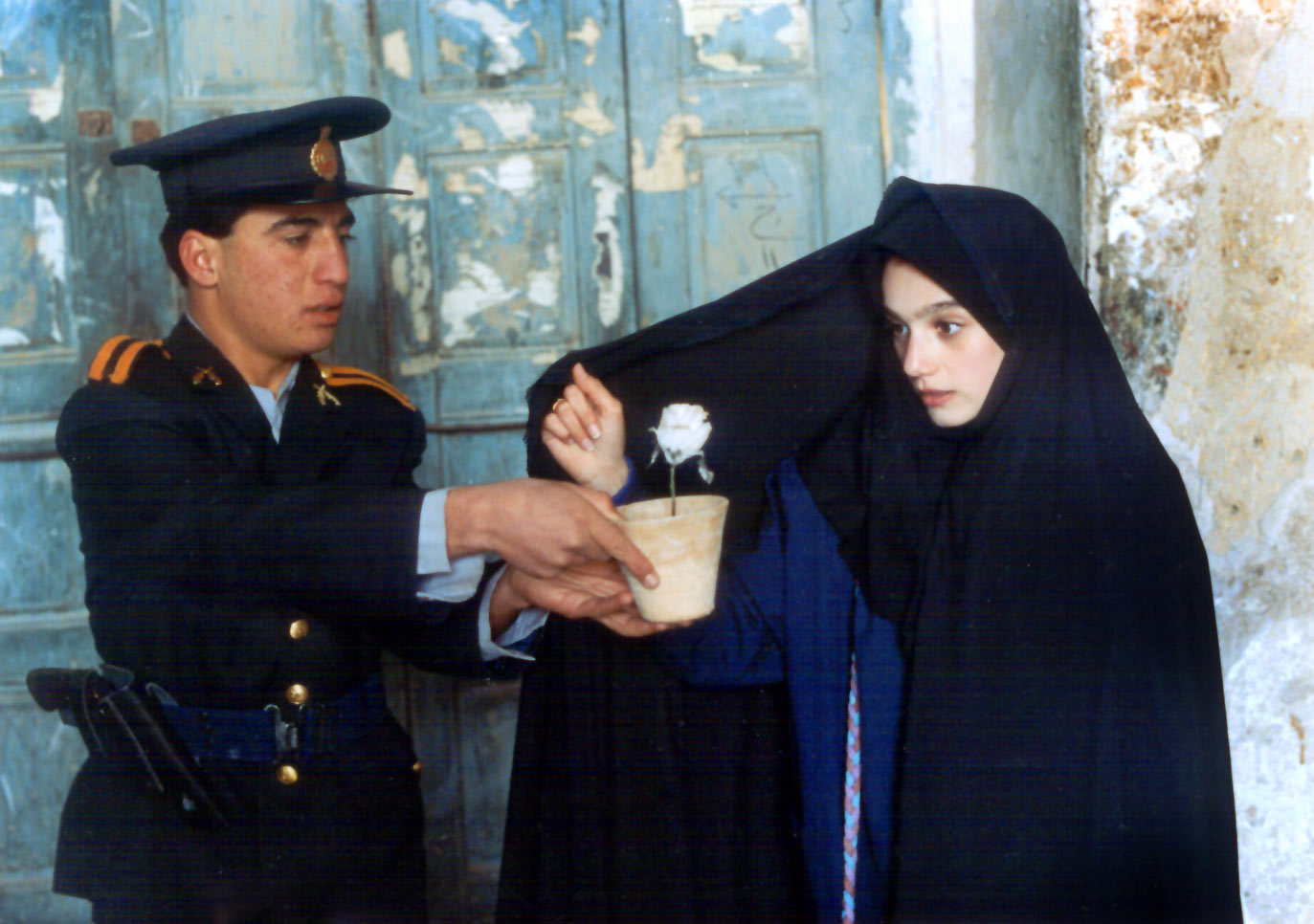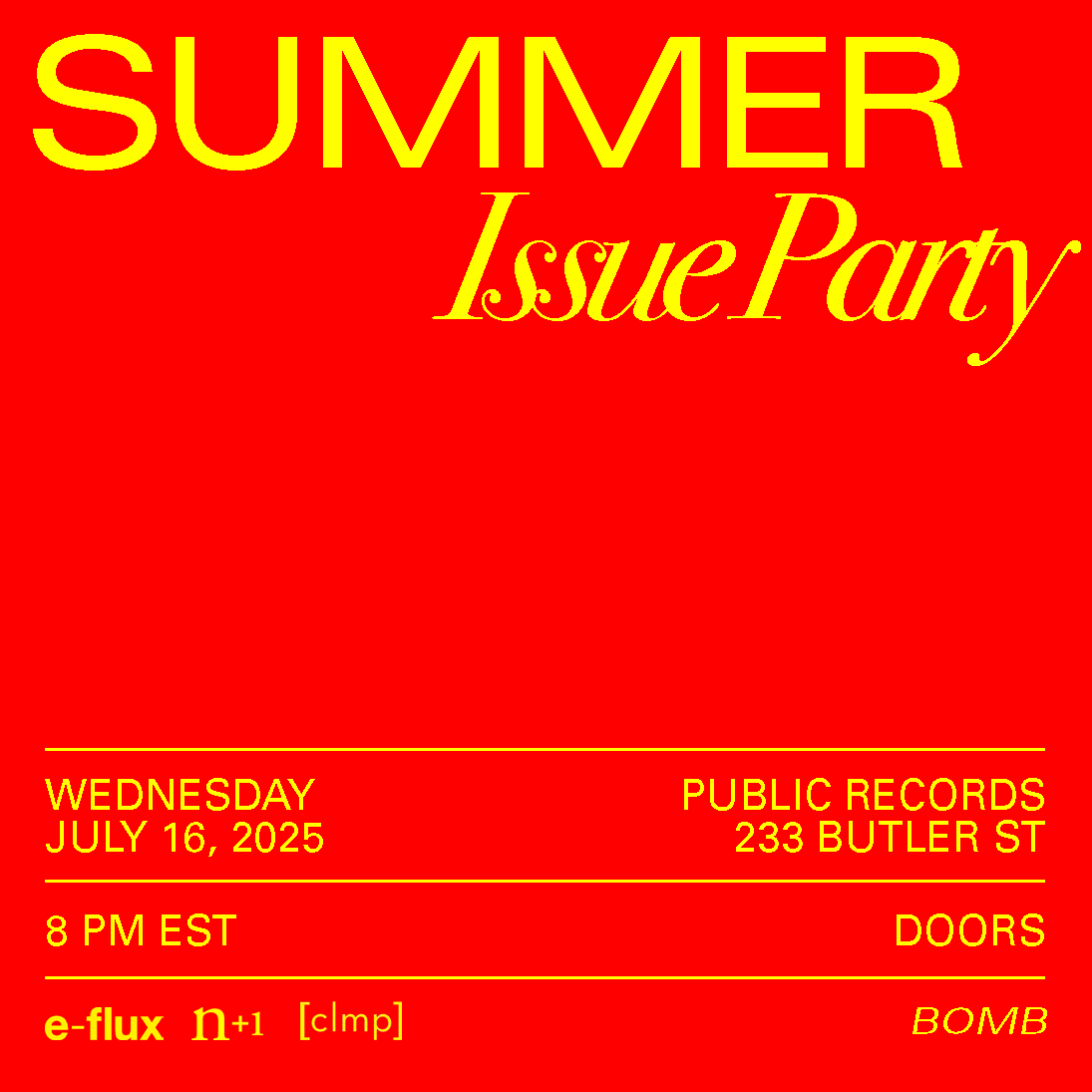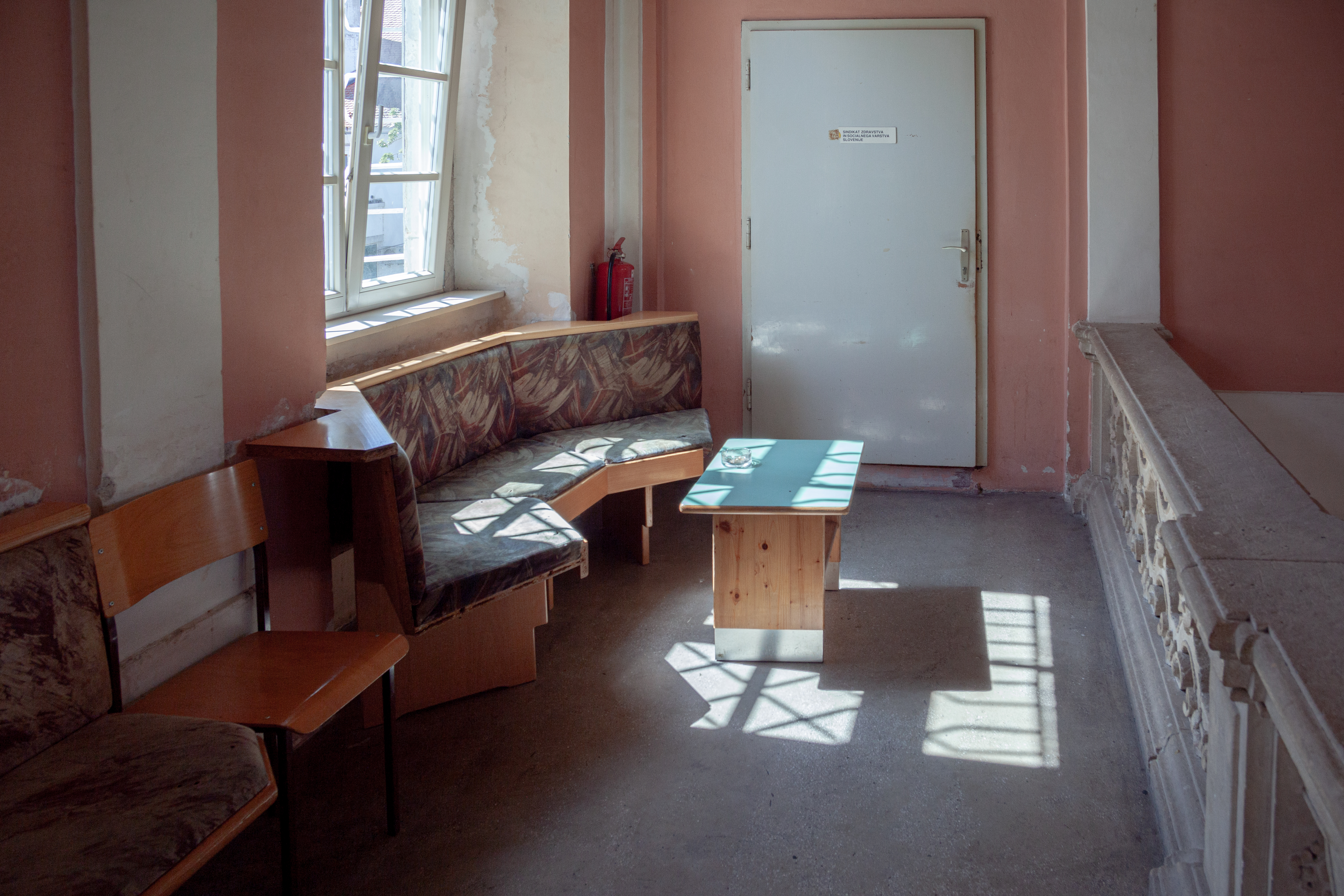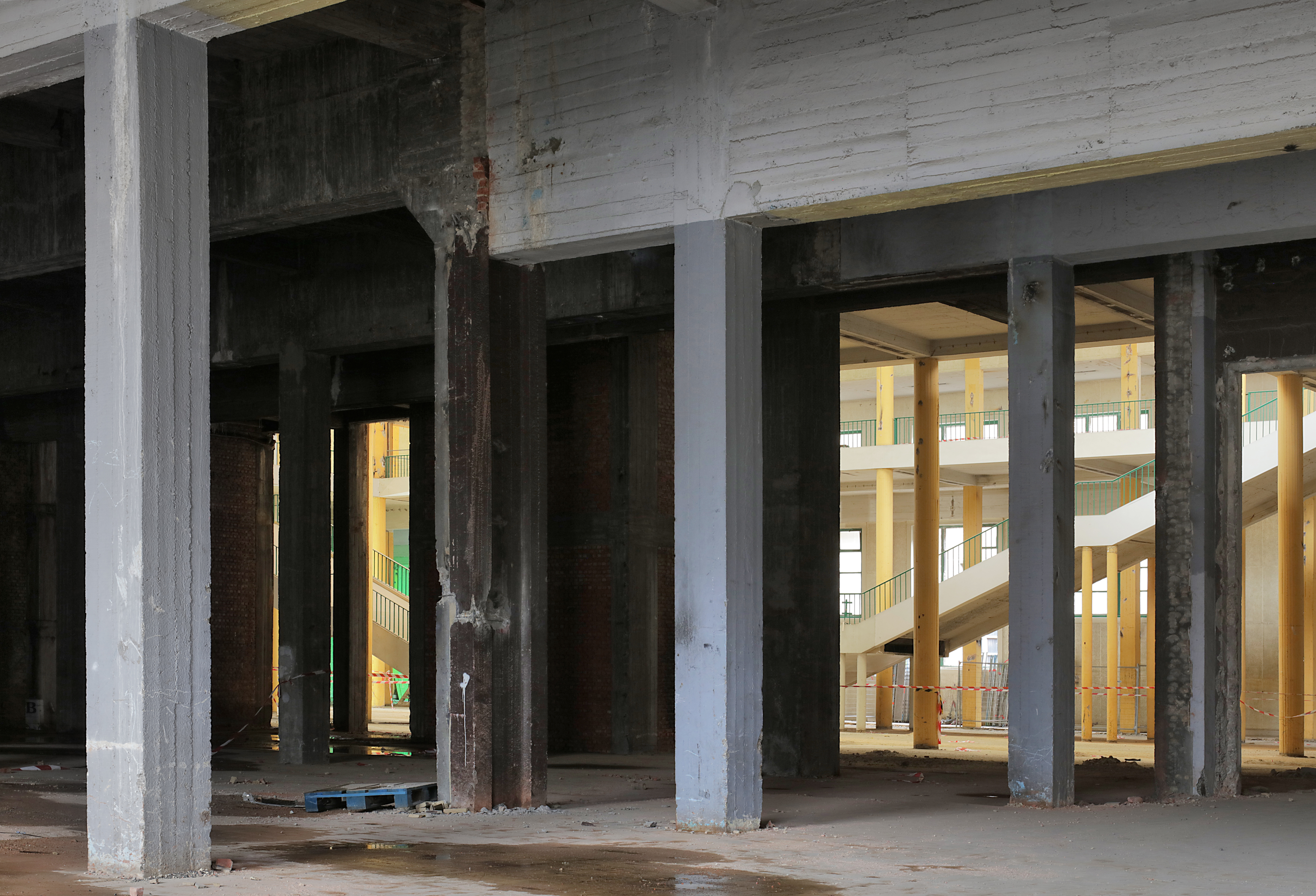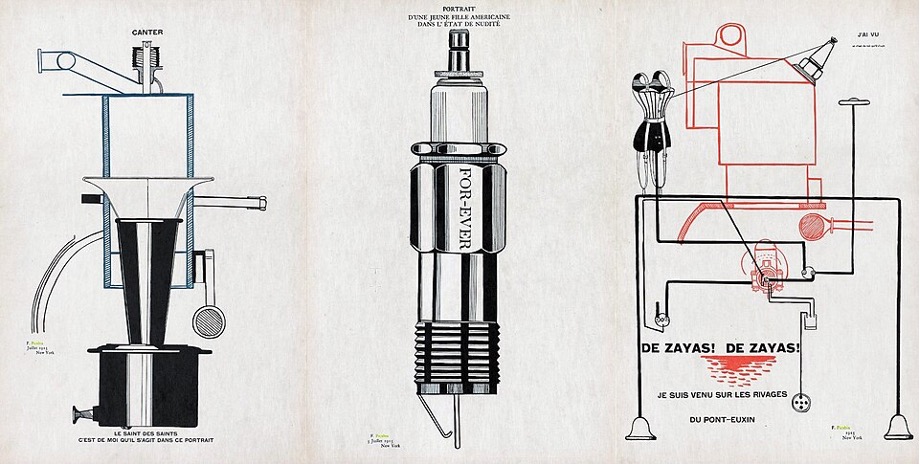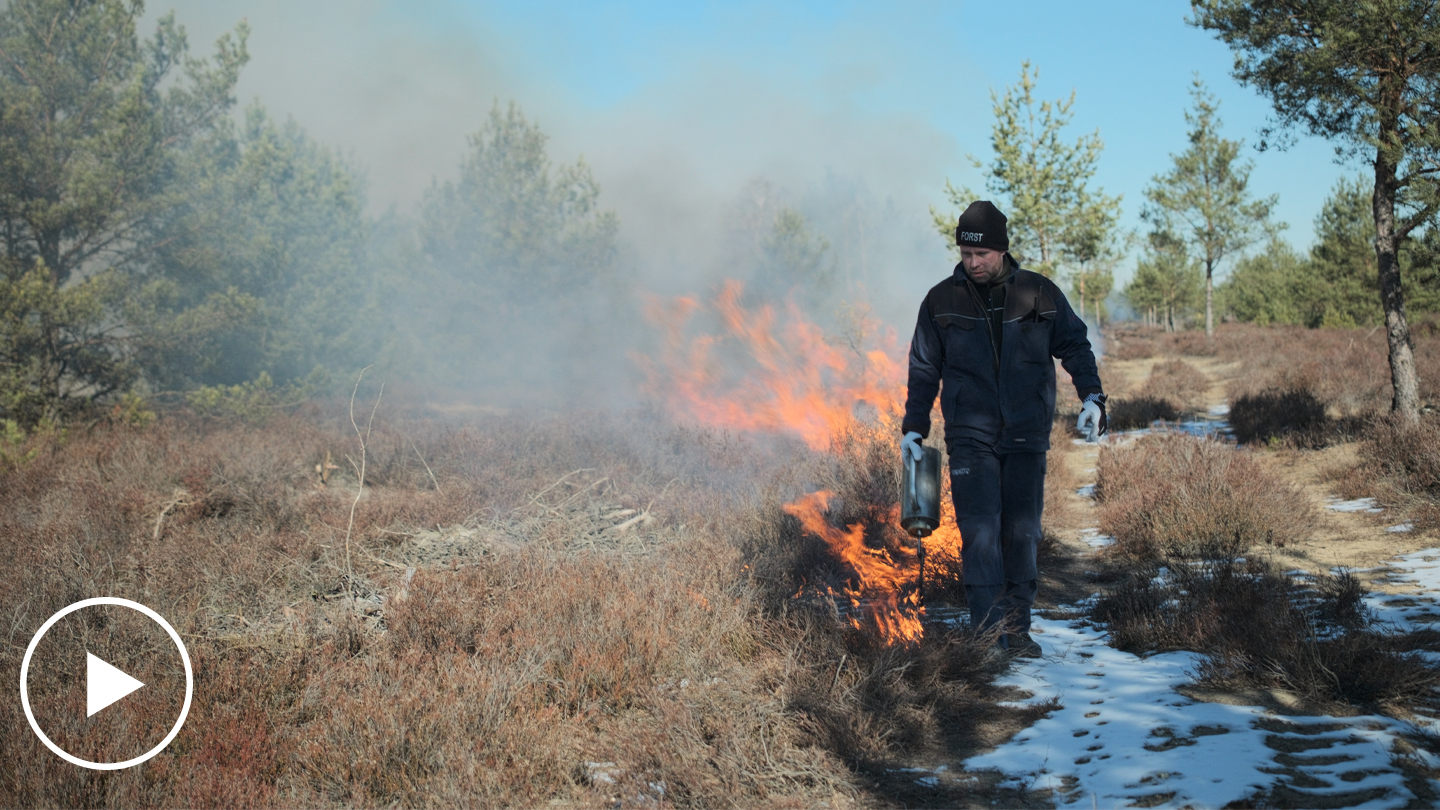May 16, 2013, 12am
"Through this Italian history, we can read our history, our own possible history, between the lines.”
– Sylvere Lotringer
For the duration of Rossella Biscotti’s exhibition “The Trial”, e-flux is hosting a weekly reading group exploring the histories and legacies of the Italian Autonomia movement as they reverberate in contemporary struggles–including but not limited to Occupy and its aftermath. Loosely facilitated by the editors of Tidal: Occupy Theory, Occupy Strategy and invited guests, the group creates space for an extended intergenerational conversation about life, labor, and liberation.
The first few sessions revisited the background, trajectory, and political innovations of Autonomia: from the bottom-up “workerist” politics of Potere Operaio; the importance of labor militants such as James Boggs in the United States to the formation of operaismo; to Autonomia at its crest in 1977 as a decentralized, experimental political culture involving those working beyond the factory, including precarious students and feminist initiatives. This initiated a discussions around the tactics and organization of Autonomia, but also the subjective dimensions of the movement as embodied in various forms of cultural production, such as Alberto Grifi’s Il festival del proletario giovanile al Parco Lambro (Festival of the Young Proletariat at Parco Lambro) (1976), Nanni Belestrini’s We Want Everything (1971), and the phenomenon of the Metropolitan Indians. This led to a discussion of the massive state repression of Autonomia in the name of anti-terrorism (the subject of Biscotti’s work).
The group will also consider Autonomist history in the United States, such as intellectual networks, political struggles, and shifting economic conditions of global capitalism. Key links include Wages for Housework, Semiotext(e), the Midnight Notes Collective, and most recently, the explosion of retroactive interest in Autonomia thinkers catalyzed by the publication of Hardt and Negri’s Empire at the ripe historical moment of the counter-globalization movement. Since then, concepts such as Post-Fordism, immaterial labor, collective intelligence, and constituent power have become important points of reference for artists, academics, and political organizers. Why has the Autonomia legacy struck such a chord in the past decade? And how does it relate to the resurgent interest in communism, communization, and commoning as political horizons in the present?
Discussions indebted to Autonomia have fed directly into Occupy in its various iterations over the past two years. The ongoing project of Occupy constitutes a thread that runs through the reading group, culminating in discussions devoted to movements in the US and internationally. Texts by theorists and organizers–including some with biographical ties to these histories, such as Michael Hardt, George Caffentzis and Silvia Federici–will be drawn on to prompt new questions about recent experiences and those to be faced in the future.
Contact laura@e-flux.com for more details.
WEEK 1: Tuesday, May 21st
Introduction
This session will begin with a brief introduction to the overall reading group. The series of texts listed below are proposed to lay out the broad historical and theoretical trajectory for the group in coming weeks as provoked by Rosella Biscotti’s The Trial. They include both archival documents and retrospective analyses of the expanded Autonomia period in the 1970s and its afterlives in the early twenty-first century. How and why does Autonomia resonate today for us in the ongoing aftermath of Occupy and related movements around the world? These questions of historical resonance will preoccupy discusisons throughout the duration of the group, but the first session will set out some basic points of reference to be fleshed out and debated in future sessions.
Readings for Tuesday’s session are available for download below:
Paolo Virno, untitled testimony from “April 7th” trial (1983-84)
Sylvere Lotringer, “Foreword,” in Paolo Virno, Grammar of the Multitude (2004), 7-18
Branden W. Joseph, “Interview with Paolo Virno,” Grey Room 21 (2005)
WEEK 2: Tuesday, May 28th
This week, we will continue our introduction to the theoretical and political trajectory of Autonomia. First, given that last week many may not have had the chance to finish the proposed readings, participants are encouraged to revisit the introductory texts from last week concerning the big picture of Autonomia, especially the statement by Lotringer and Marazzi, “The Return of Politics” and Michael Hardt’s “Laboratory Italy.”
For this session, we will look at three short historical texts from the Semiotext(e) Autonomia book: the classic “workerist” statement “Strategy of Refusal” by Tronti; Bologna’s “Tribe of Moles,” which tracks the roots of the 1977 explosion relative to the crisis of Italian capitalism and the rise of “new social subjects”; and finally, a description of the direct action tactics of “auto-reduction” undertaken by militant young workers.
Overall, this sequence of readings will enable us to establish a basic trajectory that can in turn lead into a detailed examination of Autonomia cultural and political practices in the following week.
These readings are supplemented by two very short contemporary items: a review of the Autonomia volume in Artforum by Jason Smith (2008), as well as a statement by Judith Butler concerning the politics of precarity relative to the direct action tactics of Occupy Wall Street (2011).
Readings are available for download below:
Revisits from last week:
New readings:
Jason Smith, “A New Geometry” Artforum (2008)
Judith Butler, “For and Against Precarity,” Tidal: Occupy Theory, Occupy Strategy, 6-7
Further historical background reading for those who want to delve deeper:
Steve Wright, Storming Heaven: Class Composition and Struggle in Autonomist Italian Marxism, 63-106
WEEK 3: Tuesday, June 4th
Last week, we examined various theoretical and political questions informing the pre-history of the 1977 movement: the operaist emphasis on autonomous worker’s struggles as the motor–and ultimate destroyer–of capitalism; the growing antagonism towards ossified, compromising, top-down organizations–whether the union bureaucracy or the Communist Party; Potere Operaio’s strategy of using the struggle for income as a weapon for political struggle and for composing different demands from below as a a tactic that upsets traditional distinctions between the economic and the political; the increasing importance of struggles outside the realm of the factory in the face of austerity measures and crises of social reproduction: the university, the city, and the sphere of consumption (exemplified by the tactics of auto-reduction and physical occupations); the emergence of new social subjects as political actors overlapping but not coinciding with the identity of the factory worker in the classical Marxian mold: the unemployed, the precarious, students, white-collar workers, women working at once in the household and the labor market; and finally, the “crisis of the political” instigated by Autonomia as described by Lotringer: “Autonomy is the body without organs of politics, anti-hierarchic, anti-dialectic, anti-representative. It is not only a political project, but a project for existence.”
This week we will delve into the politico-theoretical breakthroughs and embodied experiences of Autonomia as it crested in 1977, exemplified by the experimental artistic, cultural and media tactics developed in Bologna. We will also consider the relation of Autonomia to the terrorist strategy of the Red Brigades, a question retroactively necessitated by the state repression of Autonomist activists in 1979. The figure of Franco “Bifo” Berardi will be an important reference in the discussion that will carry us forward to contemporary developments later in the course of the reading group.
Three primary readings are suggested (Berardi, Cuningeham, Deseriis) but also included on the reading-list are several very short and highly recommended archival documents from the period that can provide further texture to the theoretical discussions. Participants in the reading group are encouraged to step up to present any of the readings in question to help anchor the discussion. Interested participants should contact yatesmckee.cooper@gmail.com
Finally, participants are encouraged to look at Judith Butler’s essay “So, What Are the Demands?” from Tidal: Occupy Theory, Occupy Strategy, and also to take a look at Nathan Schneider’s “Paint the Other Cheek,” which describes a significant strand of cultural tactics in Occupy Wall Street that overlaps in some ways with the cultural tactics of Autonomia. These are texts we can return to in the future.
Primary Readings:
Franco “Bifo” Berardi, “Anatomy of Autonomy” Autonomia, 148-172
Bifo’s account of Autonomia and its historical background written in light of the Red Brigades and the April 7 arrests.
Discussion of the cultural tactics of the Metropolitan Indians in Bologna in the context of the explosion of 1977, with frequent reference to other avant-garde projects in Europe and the US, as well as the counter-globalization movement.
Discussion of Bifo’s philosophical and political trajectory from Autonomia to his contemporary work; this piece can be revisited as we read more recent work by Bifo in coming weeks.
Supplementary readings:
These readings are all very short (2-5 pages), very worthwhile archival documents from the 77 movement.
Maurizio Torealta, “Painted Politics,” Autonomia, 102-106
Theoretical ruminations on the cultural and political tactics of the Metropolitan Indians.
Judith Malina, “Nonviolence in Bologna,” Autonomia, 122-129
Journal entry from Living Theater performing in Autonomia milieu and suffering police repression.
Collective A/Traverso, “Radio Alice–Free Radio,” Autonomia, 130-134
Poetic fragments from the Autonomia media network in Bologna 1977
OWS supplements:
Judith Butler, “So, What Are the Demands?” Tidal: Occupy Theory, Occupy Strategy
Nathan Schneider, “Paint the Other Cheek,” The Nation (April 2012)
WEEK 4: Tuesday June 11
Last week, we delved into the cultural and political texture of Autonomia as it crested in 1977, with special emphasis on the extra-parliamentary forms of communism developed by young proletarians verticality of the institutional left–communes, occupations, squats, autoreductions, self-organized media networks, and a variety of experiments with new modes of working, communicating, and living outside of the wage relation. We also considered the radicality of the threat posed by Autonomia in its various guises to the Italian state, and the interplay between state repression and the adoption of terrorist tactics in some strands of the Left.
This week, we will examine the intersection of autonomist and feminist politics as exemplified by the transnational wages against housework campaign, which developed in-between Italy, Britain, and the United States. The questions of self-organized living and working developed by Autonomia were both taken up and interrogated by thinkers such as Federici, James, and Dalla Costa, an intellectual trajectory that would eventually open on to theorizations of gendered social reproduction under conditions of globalization, austerity, and debt.
Primary Readings:
Silvia Federici, “Wages Against Housework” (1972)
Mariarosa Dalla Costa and Selma James, The Power of Women and the Subversion of Community (1975)
Silvia Federici, “The Unfinished Feminist Revolution” The Commoner (2008)
Optional Supplements:
Danny Marcus, “On Selma James,” address to Occupy Philly (2012) pages 22-26 of the Occupy Gazzette.
Patrick Cuninhame, “Italian feminism, workerism and autonomy in the 1970s” (2008)
WEEK 5: Tuesday June 18
Empire and Immaterial Labor
Last week, we examined the materialist-feminist analysis of social reproduction developed by Silvia Federici, Mariarosa Dalla Costa, Selma James, and the broader Wages for Housework movement in and around the politico-ideological milieu of Autonomia as it expanded from Italy to Britain to the United States. These thinkers defined “housework” as neither a natural telos of womanhood nor a secondary epiphenomenon of capitalism, but rather the linchpin of the entire system of wage-labor. The struggle for wages was not posited as an end in of itself, but rather as a tactic to bring into visibility housework qua work, and thus a site of public political struggle. The work of housework involves the reproduction of two key commodities: the laborer and laborers-to-be (children). While bedroom and kitchen were seen as key sites of the “social factory” supplementing the factory floor–and thus places of episodic workers’ resistance through behaviors typically pathologized as ‘frigid’ or ‘bitchy’–the political call was for women to break out of the isolated ‘ghetto’ of the household and to find one another in the streets as political agents mobilizing collectively around social services, laws surrounding reproductive health and sexual violence, and ultimately positing a horizon of sociality beyond that of the nuclear family. A key element of these discourses was to undermine the idea that women’s entry into the formal labor market was in and of itself emancipatory, even as it was often a necessary or desirable goal for women as economic actors striving to support their families or to achieve independence from their husbands or families.
We ended the discussion with an examination of a recent text by Federici in which she describes the transformations and pressures of reproductive labor in light of neoliberal globalization, the growth of the service sector, and global austerity measures. If in the 1970s, unwaged household labor was considered a patriarchal system to be overcome through a revolutionary women’s’ movement in concert with a broader class struggle against capitalism, by the mid-2000s, reproductive labor is reassessed by figures such as Federici as being among the most powerful sites of noncapitalist forms of living, experimentation and creativity through squats, farming, cooperatives, education and other forms of “reclaiming the commons.” Without abandoning the terrain of the state as a target of demands for services, legal protection, and indeed a social wage, Federici engages in a “dual power” analysis, looking at the same time to the construction out of necessity of communal counter-institutions capable of sustaining and nurturing life autonomously outside of capital and the state.
This week, we will focus on the rise to prominence in the 1990s of three Autonomist concepts that have proven to be especially influential for contemporary struggles against Wall Street that extend the politics of reproduction analyzed by Federici and others over the past two decades: the Commons, Immaterial Labor, and the Multitude.
First, we will look at the editorial introduction to the 1990 edition of the US Autonomist magazine Midnight Notes (of which Federici was an editor) devoted to the “New Enclosures”–the rampant marketization of the global commons beginning with the final years of the Cold War via the IMF, the World Bank, and neoliberal policies at all scales of life.
We will then look at Maurizio Lazzarato’s classic essay “Immaterial Labor,” and track its influence in Michael Hardt and Toni Negri’s Empire, which brought the legacy of Autonomia into the political and theoretical scene of the English-speaking world in advance of the counter-globalization movement of the early 2000s and ultimately Occupy Wall Street.
As an optional supplement, folks are encouraged to read a 1990 interview from Midnight Notes about the spatial conflicts in the Lower east Side in the late 1980s.
Central readings:
Midnight Notes: “The New Enclosures” (1990)
Maurizio Lazzarato: “Immaterial Labor” (1996)
Optional supplement:
“Land, Wealth, and Self-Determination on the Lower East Side” (1990)
WEEK 6: Tuesday June 25
Precarity, Cultural Work, and the Coming Occupation + Bonus Screening of Grifi’s Festival of the Young Proletariat at Parco Lambro!
This week we will discuss recent extensions of autonomist thought into the realm of precarious cultural labor of the sort performed by artists, designers, administrators, students, adjuncts and more. Of all sessions in the reading group, this one will touch most closely on the working conditions that many of the participants in the reading group share, and it details a crucial strand in the pre-history of Occupy. The readings are short and pithy, and we suggest taking time to work through them in advance of what promises to be a very dynamic conversation.
In addition, we are honored to welcome Professor Marco de Seriis, who will conclude the session with a short screening of Alberto Grifi’s Il festival del proletario giovanile al Parco Lambro (Festival of the Young Proletariat at Parco Lambro) (1976), a signature cultural artifact from the high point of Autonomia in the late 1970s.
Readings
Franco “Bifo” Berardi, “Cognitarian Subjectivation” e-flux journal (2010)
Andrew Ross, “The New Geography of Work: Power to the Precarious?” (2008)
Some militant folks from the UC system, “Communique from an Absent Future” (2009)
We began last session with a discussion of the insurrections in Turkey and Brazil in light of our ongoing investigation of the contemporary resonances of Autonomia. Salient points included the catalyzing force of struggles over urban spaces, infrastructure, and services rather than the factory, albeit with significant participation by workers organizations in claiming the “right to the city”; the participation of educated, precarious workers in the cultural fields alongside other social sectors; the importance of creative tactics (chapuling, “the standing man,” the gas-masked piano player, the commandeering of spaces and equipment belonging to the state); the translation of these tactics across borders through autonomous media networks, exemplified by the feedback loop between activists in Turkey, Brazil, and New York.
Our discussion of these struggles segued nicely into an examination of “The New Enclosures,” an article from the Midnight Notes collective written in 1990 as the eastern Bloc was disintegrating and the “End of History” was being declared by neoliberal ideologists. Written by folks with a long history of dialogue with Autonomia–and more recently, Occupy–”New Enclosures” draws on Marx’s account of the enclosure of the commons and “primitive accumulation,” which they consider not a one-time historical event but a recurring dynamic within capitalism as it attempts to supersede both its own crises and the resistance of the populations on which the system depends. The text identifies several key processes at work in the nascent post-cold-war conjuncture: the massive uprooting and privatization of communal spatial resources from Mexico to the Lower East Side; the predatory use of debt to restructure post-colonial and post-socialist societies; the creation of waves of migrant labor; the acceleration of ecological crises; the emergence of struggles “thinking globally and acting locally” against capital. The text concludes with a rousing appeal to Jubilee, a theological principle that evokes the liberation of slaves, the cancellation of debts, and the redistribution of land.
We then discussed the concept of “immaterial labor” as developed by Maurizio Lazzarato and Hardt & Negri in the years immediately following Midnight Notes’ diagnosis of neoliberal globalization. Immaterial labor names a paradigm of work that deconstructs the opposition between manual and mental work, encompassing all varieties of labor that involve working with communication, culture, social relationships, information technologies, and the production of subjectivity; extending beyond the factory or office as a finite time and space of work, this paradigm involves the expansion of labor into social life more generally. Though exemplified by jobs in the Northern metropolis ranking hierarchically from the financial analyst to the proverbial starving artist working as a waiter, to the undocumented care worker, immaterial labor is considered “commanding paradigm” that involves a qualitative transformation of work around the world–manufacturing, services, agriculture–as it is incorporated into the technological, financial, and communicative networks of Wall Street. A key question that emerged in the discussion was the extent to which immaterial labor as a concept enables or allows for political resistance on the part of the wide variety of workers it aims to encompass. We concluded with a rousing discussion of the blurring between life, labor, and leisure in social networks such as Twitter and Facebook, noting both the increasing capture of subjectivity by corporations that these networks involve, as well as their potential dynamism as platforms for anticapitalist resistance as witnessed over the course of past three years in the cycle of global struggles stretching from Tunisia to New York to Brazil.
WEEK 7: Tuesday July 2
Please note that the reading group will meet at 60 Wall Street on Tuesday July 2, not at e-flux.
This week, we will extend our ongoing discussion of precarity and cultural work (see below) directly into the genesis of Occupy Wall Street. Weather permitting, we will meet in Zuccotti Park, and will be joined by OWS veterans Tom Hintze and Mike Andrews for a discussion of urban spatial tactics. The readings for this session (noted below) are available to download here: www.e-flux.com/program/reading-group-autonomia-occupy-communism-legacies-and-futures/
Readings:
Martha Rosler, “The Artistic Mode of Revolution: From Gentrification to Occupation,” e-flux journal (2012)
Discussion by Rosler of the “breaking of the contract” between indebted, precarious members of the so-called creative class and the 1% elites that their work typically services through the urban cultural field.
Tidal: Occupy Theory, Occupy Strategy, issue 1 (Fall 2011)
Crucial intellectual platform for OWS, produced, written, and designed by organizers working on the ground in the park, with solicited contributions by Judith Butler and Gayatri Spivak among many others. Short texts (1-2 pages) emphasized for discussion: “Communiqué #1,” “An Occupier’s Note” (Suzahn E), “Occupy Universities” (Conor Tomas Reed), “For and Against Precarity” (Judith Butler), Notes on “Power” (Anteant) “Space” (Thomas Hintze and Laura Gottesdeiner,” “Celebrity” (Natasha S).
Michael Hardt and Antonio Negri, “The Fight for ‘Real Democracy’ at the Heart of Occupy Wall Street,” Foreign Affairs (October 2011)
Extension of autonomist figure of the multitude in light of the 2011 cycle of struggles, with emphasis on the occupation of the squares.
Yates McKee, “The Arts of Occupation,” The Nation (December 2011)
Discussion of role of artists and creative tactics in OWS
About last week:
Last week, we extended our ongoing conversation about the autonomist analysis of “immaterial labor” into the framework of precarity that many have applied to the working conditions in the cultural, artistic, and educational fields over the past decade. To what extent is it a useful frame for thinking about the conditions of political identity, action, and solidarity? The image of the flexible, self-motivated, creative artist has often been used by corporations and urban managers as an ideal for labor more generally, feeding into processes of gentrification and legitimizing the overall relations of insecurity, deregulation, and individualization imposed upon laboring populations across the board. There was no disagreement about the vastly uneven experience of precarity of a writer or artist, on the one hand, and a low-income fast food worker or home caretaker on the other. But does a mindfulness of this disparity prevent the possibility of cross-sectoral organizing, or might it push those in the cultural fields to think about their work in more expansive terms of solidarity, alliance building, and the unlearning of privilege? Do labor unions make sense in the cultural field? What might those working in the cultural field have to learn from campaigns to “organize the unorganized” in the field of immigrant worker justice, for instance? Finally, is it possible to politically reframe certain ideals often associated with artistic labor and extend them to everyone as part of a collective struggle–such as self-determination, pleasure in work, and social recognition?
We then discussed the radicalization of student-workers in “the social factory” of the university in response to massive budget cuts, tuition hikes, the precaritization of academic labor, and more. An exemplary text is the “Communiqué from an Absent Future” released in 2009 by militants in the UC system. There, the crisis of the University is not framed as occasion to defend the lost ideals of “public education” established during the height of the Keynesian welfare state, even though they express their provisional solidarity with established forms of campus activism. They call to push the crisis forward though the tactic of occupation, i.e. creating temporary liberated zones in which to foment militant organizing that would ultimately extend far beyond the walls of the institution and into the city overall with other workers suffering from austerity and precaritization. Inspired by the principle of “communization,” they look to Greece as an example of cross-sectoral militant action, and note the need to develop sustainable radical infrastructures of the sort common in Europe.
We concluded by looking at a series of collectively-authored texts by The Precarious Workers Brigade written during demonstrations and occupations that took place in London in the Fall of 2010 in response to tuition hikes and budget cuts. They focus on the transformative political learning process involved for cultural workers in taking over museums and schools as part of a broader social mobilization. The description of these experiences closely resonates with those of Occupy Wall Street one year later, and even more specifically the ongoing occupation of Cooper Union.
As a bonus to this session, Professor Marco de Seriis introduced the group to an exemplary section of Alberto Grifi’s epic 1976 documentary (Festival of the Young Proletariat at Parco Lambro) which details the occupation of a large-scale Woodstock-style music festival by politicized proletarian youth associated with the “diffuse” strands of Autonomia. The film indicates both the antagonism of politicized counterculture to the corporatized culture industry, as well as the tensions between more organized militants focused on workers per se, and those valorizing the freedom of spontaneous anti-authoritarian forms of communal life on the other.
WEEK 8: Tuesday July 9
You Are Not a Loan: Occupy and Debt Resistance
Last week, we met at the Deutsche Bank atrium of 60 Wall Street to discuss the origins and advent of Occupy Wall Street. Extending our ongoing concern with the Autonomist discourse of ‘immaterial” and “precarious” labor, we examined Martha Rosler’s analysis of the ideological shift from “gentrification to occupation” on the part of low-rung members of the so-called creative class in the artistic and educational fields. Rosler reads Occupy as stemming in part from the crisis of the supposedly harmonious contract between 1% urban elites and cultural workers, who increasingly find themselves in conditions of indebtedness, unemployment, precarity, and political alienation. Noting the disparity in power and privilege between this newly politicized demographic and the broader urban working class, Rosler nevertheless concludes by considering the possibility of solidarity organizing across these divisions.
We then made our way from 60 Wall to Zuccotti Park itself, guided by OWS veterans Mike Andrews and Tom Hintze who provided a site-by-site narrative of the park and its environs. We then discussed the origins and intention of the magazine Tidal: Occupy Theory, Occupy Strategy, with a special emphasis on questions of mutual aid and physical space extending from Zuccotti to Duarte Square.
This week, we will consider perhaps the most prominent organizing project to emerge from OWS over the past year–the effort to build a multiracial debt resistor’s movement.
Readings:
Pamela Brown, “Education Debt in the Ownership Society,” alternet.org, June 2012
David Graeber, “After the Jubilee,” Tidal: Occupy Theory, Occupy Strategy 3, 2012
George Caffentzis, “Debt and/or Wages: An Organizing Challenge,” Tidal 4, 2013
WEEK 9: Tuesday July 16
Commoning and/or Communization: Final session of e-flux/Tidal reading group
Following our conversation regarding debt-resistance last week, our concluding session will focus on the distinct but overlapping figures of “communism,” “commoning” and “communization” that have gained a certain prominence among post-Autonomist thinkers in recent years. The session intends to consider how these strands of thought might inform our approaches to long-term organizing around debt, work, housing, land, environment, education, the arts, and more in the aftermath of the crack in capitalism created by Occupy. The hope is to contribute to laying the groundwork for more extensive conversations and initiatives in the Fall and beyond.
The four (very) short readings (13 pages in total) are linked below. The session will involve focused discussion of the short texts, open brainstorming about the futures of communism, as well as possibly some more creative activities facilitated by special guests including Cassie Thornton. Folks are encouraged to bring food to share at e-flux after the reading group.
Michael Hardt and Antonio Negri, “Event of the Commoner” (2012)
Silvia Federici, “Commoning Against Debt,” Tidal: Occupy Theory, Occupy Strategy (2013)
Danny Marcus, “From Occupation to Communization,” Occupy Gazette (2012)
Bonus reading: just-released interview with Jodi Dean about her book The Communist Horizon

